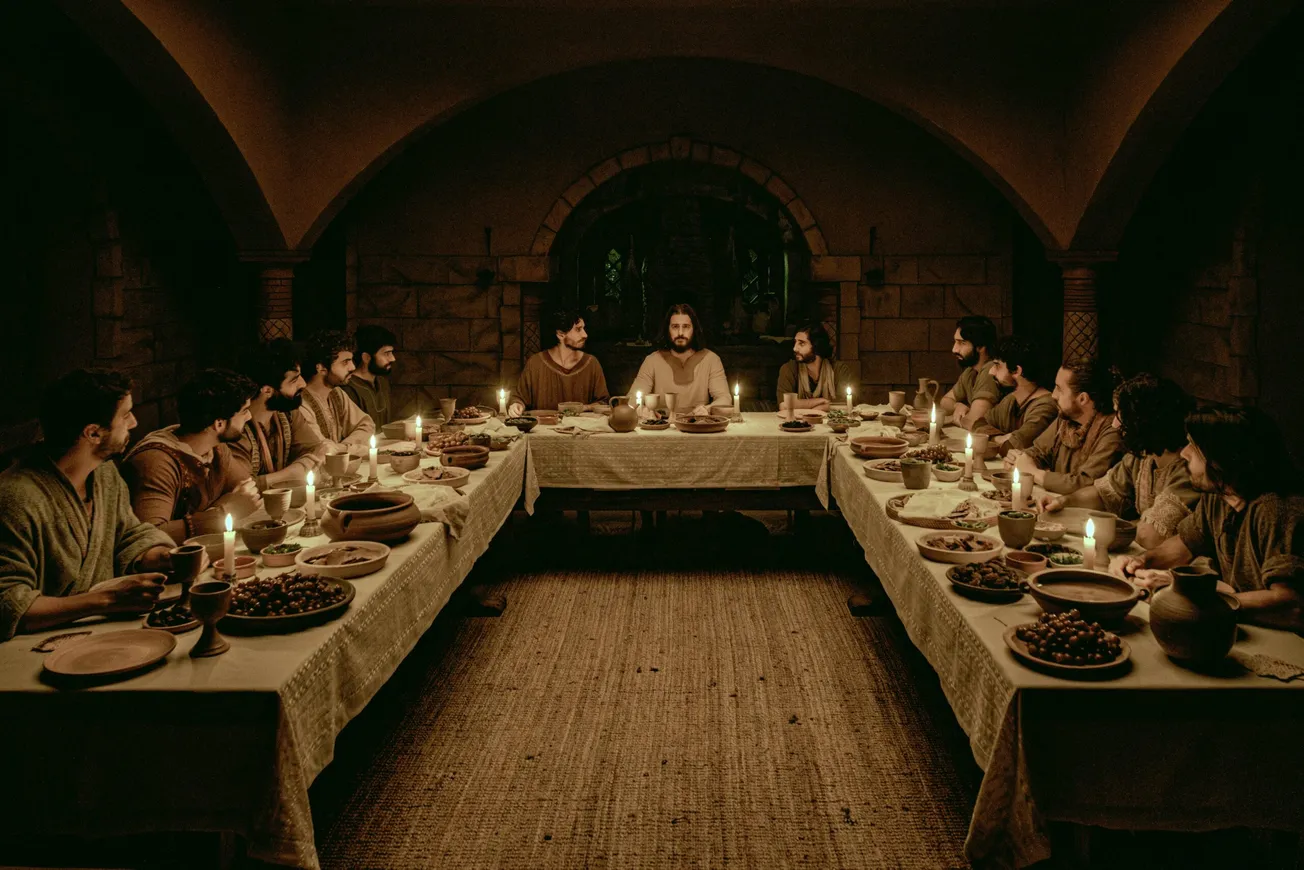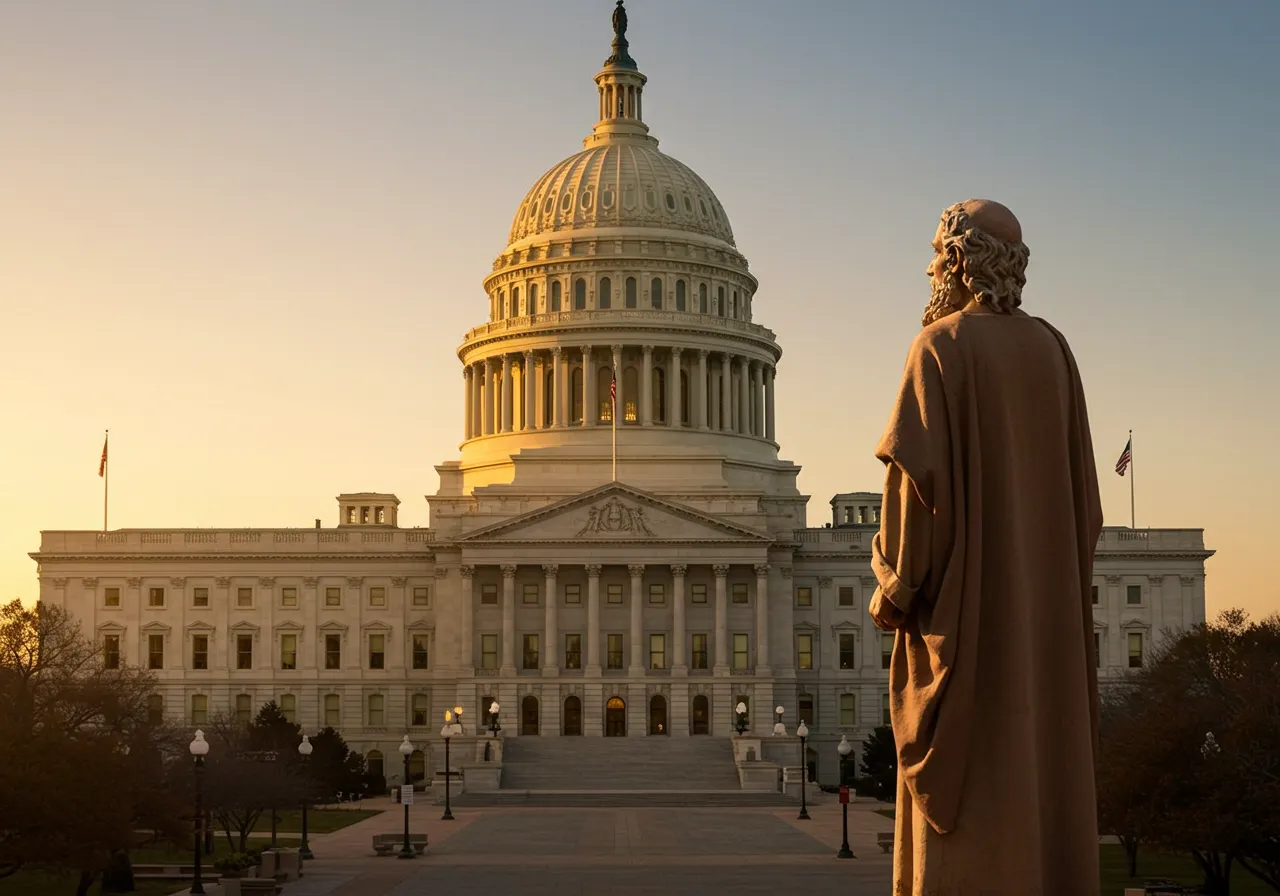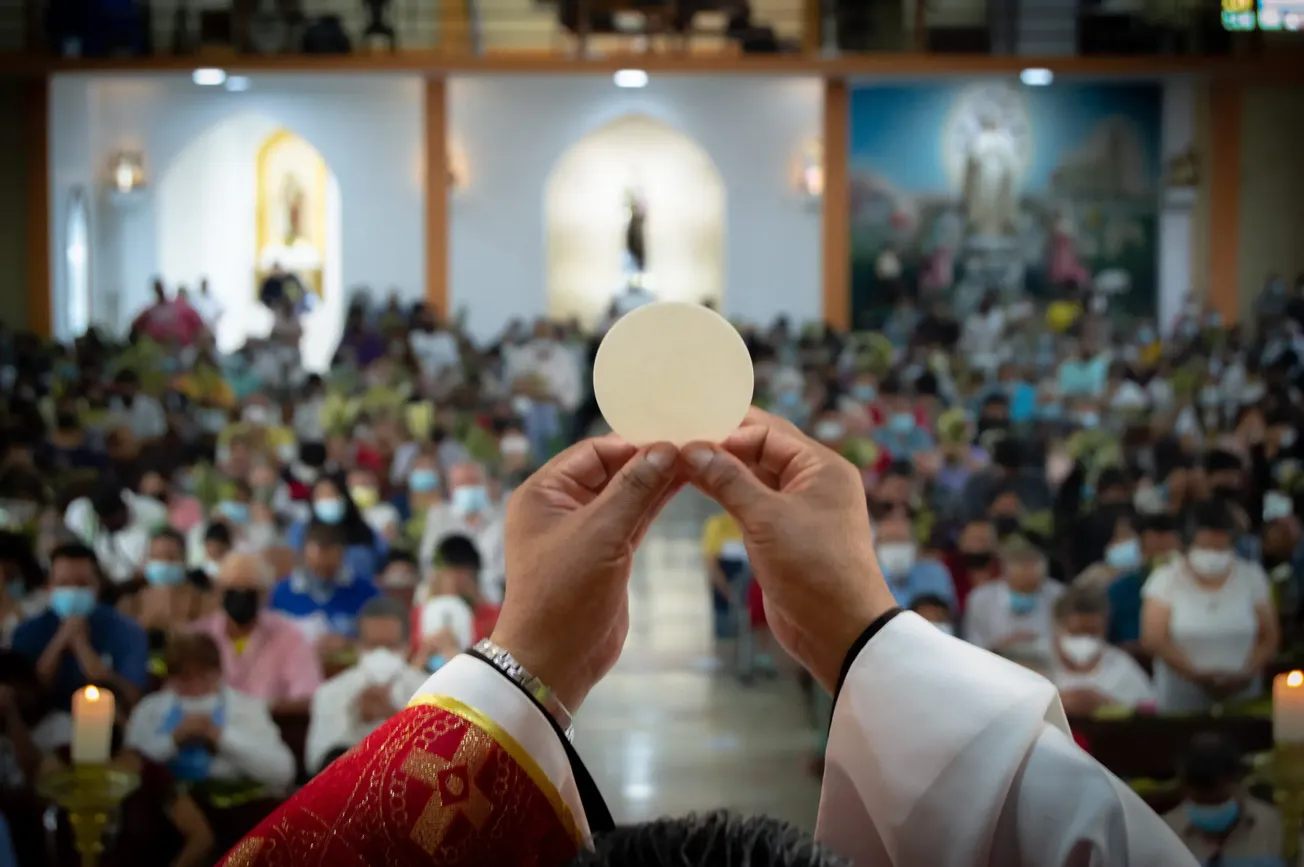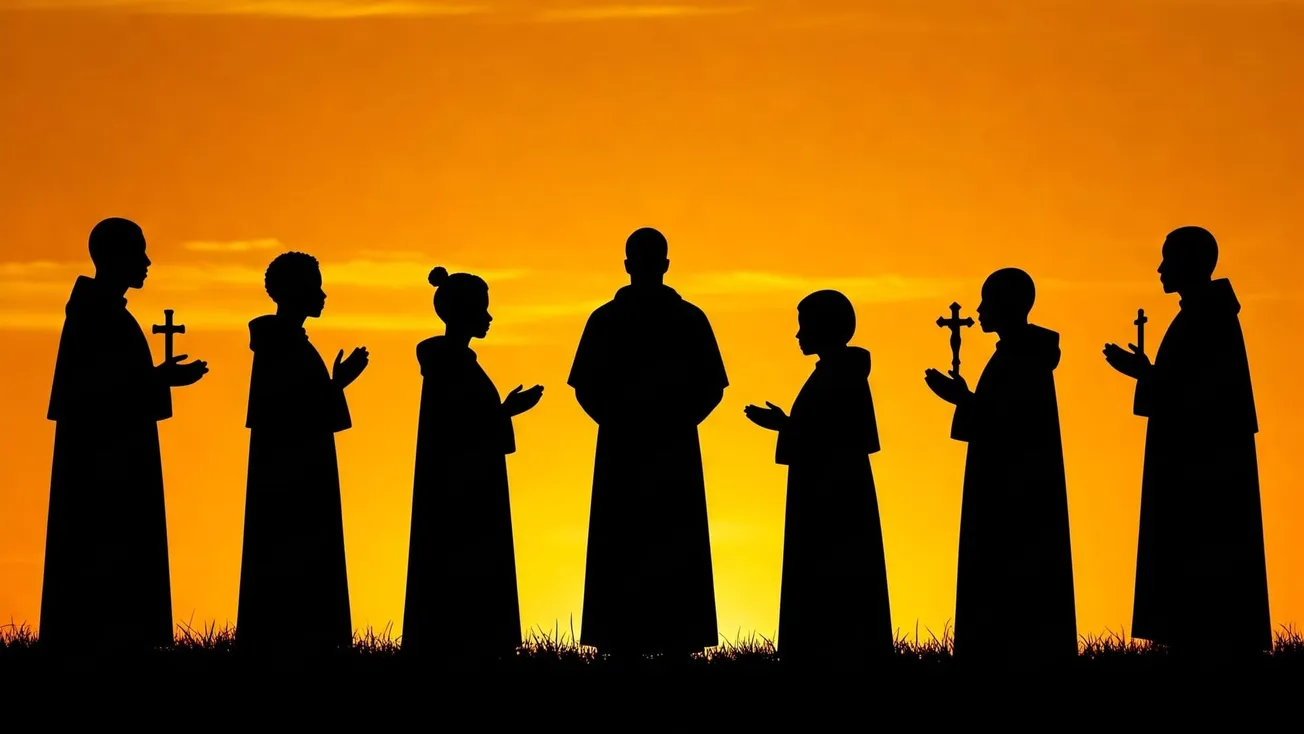If you have read about Catholic parish and school closings and consolidations in recent years, you may share my disappointment that the Church is not thinking out of the box to strengthen institutions and minister to people at the periphery. Parochial schools have been closing for decades while Protestant schools have grown. There are many reasons for this shift, but I will not get into those here.
With Catholic church participation and parochial school attendance declining, now may be the time to put forth an alternative education plan for those that can no longer sustain themselves.
In August 2017, after attending the Convocation of Catholic Leaders and the National Black Catholic Congress XII, I submitted a Diocesan Action Plan to the Bishop of Fresno, including strategies for revitalizing parishes and a recommendation to consider charter schools for those with closed parochial institutions. Today, I present a recommendation for the consideration of a national Catholic Charter School Movement.
Let me share what St. Alphonsus Church in Fresno, California, did nearly fifty years after its school closed in 1971. When I moved back to Fresno in 2014, I learned that the church was leasing the old school grounds to a charter high school. I didn’t think much of it until years later, when I learned that the funds from the lease were used to provide upgrades to the church, including a new HVAC system, painting and upkeep, a new parking lot, and the installation of solar panels, among other improvements. For a poor parish, this was a blessing that allowed the church to remain open in a community with a declining Catholic population. The parish has money in the bank, which, along with the continued income stream, equates to financial security.
Why are other parishes not doing the same? If the parochial school model is no longer viable for all parishes, shouldn’t the Church consider alternatives that utilize the existing school campuses to educate children and possibly engage people who might one day embrace Catholicism? Adding a new revenue source to offset declining tithing would also be beneficial and might stem the tide of church closings, particularly in poor communities.
The first Catholic charter school in the country was approved in Oklahoma in June 2023, when the Oklahoma Statewide Virtual Charter School Board and its members approved St. Isidore of Seville Virtual Catholic School. I pray this is the first of many. The school plans to open in August 2024. The school is facing opposition from the Oklahoma attorney general and several Christian leaders, but this should not be a deterrent. It would be wise for the Catholic Church to open charter schools across the nation using existing campus grounds, even if the schools are not religious schools. Leasing the grounds to established charter schools would also be a wise alternative. Why? Revenue is needed to keep churches from closing and to expand ministry work where possible.

There are two recent Supreme Court decisions (Espinoza v. Montana Department of Revenue in 2020 and Carson v. Makin in June 2022) that may further open the door for public funding for religious charter schools. With a conservative majority on the U.S. Supreme Court, it is possible that a favorable interpretation of “separation of church and state” could be given. Now is the time for the Church to act!
The Church that built schools, hospitals, and universities across the world has an opportunity to return to the peripheries and, instead of closing institutions, repurpose them to generate revenue that will reinvigorate declining faith communities. The Church that serves the poor and disadvantaged on the fringes of society needs to return to its roots and follow its social teachings to rock the boat and change the American educational system. Successful charter schools can improve education opportunities in communities with failing schools and limited school choice. They can also bring back educational competitiveness in America.
Let me be clear: I am not advocating for the closure of any Catholic schools. Besides, that’s already happening. I am advocating for a dialogue that could make good business sense to many parishes throughout the nation. If a parish could not maintain a Catholic school, why would it be opposed to leasing out the school property to a reputable charter school? Further, I think that, at a national level, the Catholic Church should entertain the idea of a national office for charter school education.
While charter schools currently may not afford the Catholic Church an opportunity to teach the faith, the legislation behind charter schools can be considered a support mechanism that would allow the Church to revive its role in creating schools in grassroots communities. Public school systems are failing millions of children, including Catholic children. The time has come for a national Catholic charter school movement designed to provide a quality educational experience that includes teaching solid values. The Church that grew rapidly while building schools, universities, and hospitals throughout the world has lost its missionary way. Charter schools could be the mechanism that propels missionary activities and behavior among Church leaders and in its membership.
Children deserve an opportunity to obtain an education that will prepare them for a bright future. Obtaining a quality education is imperative to achieving a lifestyle that provides more than just subsistence. The Catholic Church is the only entity in this country with the requisite resources, track record, and long-standing commitment towards the betterment of all human beings. Consequently, the Church is the best organization to spearhead a movement that will lead to a better educational infrastructure for all.
I must reiterate that the Catholic Church is equipped to take the lead in this area based on its history of founding schools, fighting for the oppressed, and advocating for social justice. Challenging the nation’s education system could be the biggest social change of this century. It takes Christian leadership to challenge government and fight for those who are oppressed. This leadership must come from the Catholic Church.
Ronald E. Smith, Ed.D is a lifelong Catholic who enjoys writing. He is a Rotarian, member of the Thea Bowman Council #406 of the Knights of Peter Claver, and a parishioner at St. Edward the Confessor Church in Dana Point, California, and St. Paul’s Catholic Church in Rubuguri, Uganda. He and his wife Sandy recently founded Friends of St. Kizito Rubuguri Primary School in Rubuguri, Uganda, where they serve as missionaries. He can be reached at resmithinc@aol.com.










